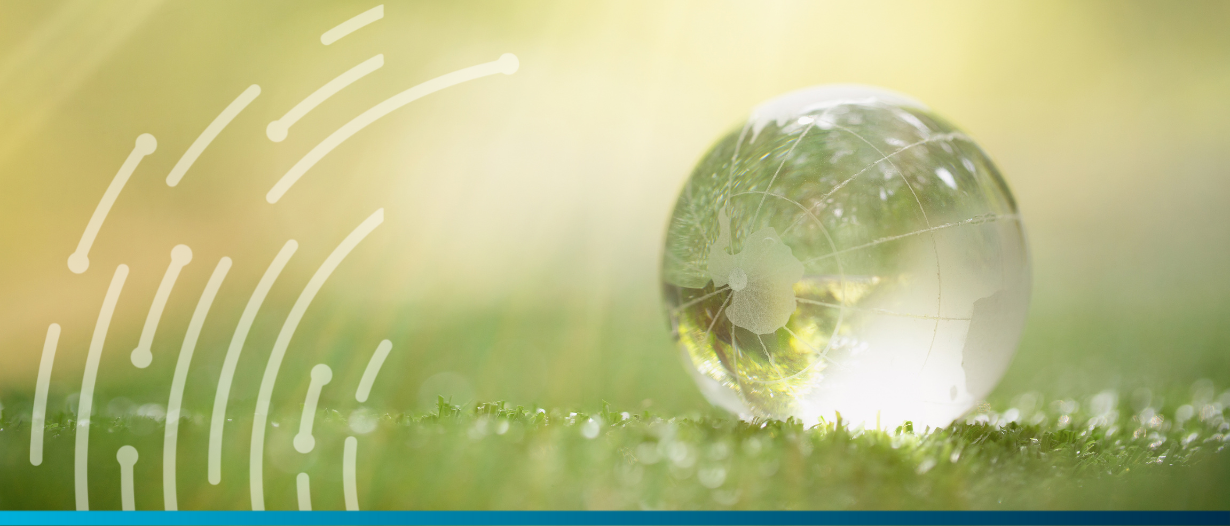Fairtrade, the globally recognised label for social justice, and the International Trade Centre (ITC), the joint agency of the World Trade Organization and the United Nations, recently announced an expanded partnership aimed at helping farmers and agricultural workers to diversify and access new markets, achieve the United Nations Sustainable Development Goals (SDGs), and strive towards Agenda 2030.
The expanded partnership, the details of which are outlined in a Memorandum of Understanding signed by Fairtrade Global CEO Sandra Uwera, Fairtrade Max Havelaar CEO Renato Isella, and ITC executive director Pamela Coke-Hamilton, will now see both organisations accelerate work in promoting greater sustainability among farmers and agricultural workers across the globe, enabling them to participate more in global trade.
The collaboration will see enhanced work in a range of areas including on-farm diversification to enable farmers to face increasing agroecological and socioeconomic challenges; gender, women and youth empowerment; adaptation to climate change and biodiversity; the strengthening of governance, financial and commercial management skills for farmer groups; and building the capacity of producer organisations to set-up and maintain their own monitoring and response systems on human rights and environmental due diligence.
Uwera said, “I am thrilled to see Fairtrade and ITC recommit to and build upon our organisations’ long-standing and fruitful partnership.
Together, we can work with renewed purpose in enabling farmers and agricultural workers around the world to achieve the SDGs.”
Uwera continued, “We have seven years left to Agenda 2030 and farmers and agricultural workers are a critical part of ensuring we stay on track to achieving a sustainable future for all. The expanded partnership between Fairtrade and ITC will help ensure delivery of critical support that will enable farmer organisations to make the right decisions as they work to make their operations more sustainable and achieve greater market access for their products.”
Fairtrade and ITC have long held an extensive collaboration promoting ethical trade and advocating on sustainability issues with key global stakeholders. Indeed, over the past few years, the two international bodies have worked closely on a number of publications as well as the ITC Sustainability Map – a unique tool benchmarking voluntary sustainability standards.
In addition, both organisations have collaborated at a programmatic level on projects related to coffee and cocoa value chains in Ghana, Ethiopia and Latin America.
“The collaboration with ITC’s Alliances for Action (A4A) initiative has already been very fruitful, and together we have been able to create value chain projects with a real innovative and impactful character,” noted Isella. “We are happy that we can now take this partnership to the next level with the aim of bringing on board more partners and additional resources so that even more producers can benefit.”
Building on this history of successful partnership, the new Fairtrade – ITC agreement provides the framework for further collaboration as the organisations expect to scale up their current sustainability efforts in various value chains, as well as engage commercial partners and new stakeholders in public-private partnerships to tackle producers’ sustainability priorities.
In addition to these planned efforts, the partnership will also support farmer organisations in accessing new distribution channels, both locally and internationally, for their products, permitting them to reach new markets and strengthen their finances.
“Our partnership with Fairtrade gets to the heart of what we do, which is empowering producers in developing countries to move up value chains, enter new markets and earn higher incomes, to live better lives,” said Coke-Hamilton. “I’m looking forward to expanding on our collaboration to reach new sectors and regions.”





























